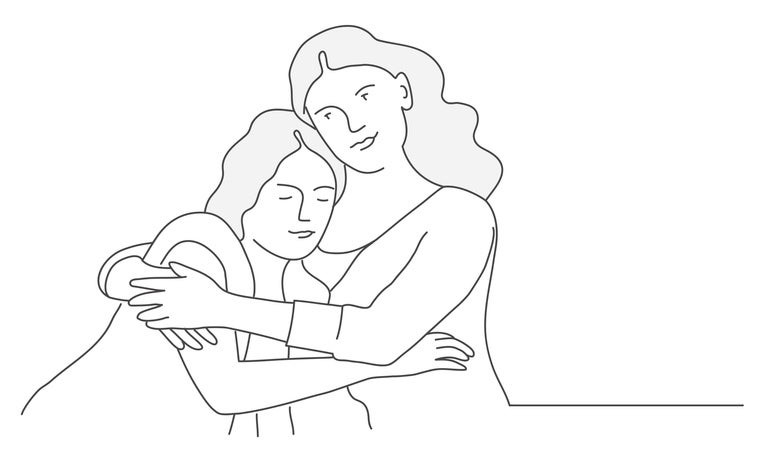
Rebecca is the mother of a 16-year-old Medicaid beneficiary, Tina, who has a history of asthma. Tina was diagnosed with asthma when she was four and has since become adept at managing her condition with the use of an inhaler.
When the family’s air conditioning stopped working in the middle of May, Rebecca called an HVAC contractor and discovered the entire system needed replacing. She could not afford a new system, so she did what she could to try and make the house comfortable. Rebecca put box fans in the bedrooms an living room, hoping it would help, but the air was still stifling.
Rebecca began to notice Tina was requiring the use of her inhaler more and more. The hot and humid air in the house made it difficult for Tina to breathe. With summer right around the corner, Rebecca was scared it would get even worse. She would never be able to forgive herself if Tina was hospitalized due to an asthma attack.
After a month of not having air conditioning, Rebecca called her health plan provider to see if any resources were available, and she was referred to CHESS for Care Management as part of the new Health Opportunities Pilot (HOP). Fortunately, Tina met the eligibility criteria for the HOP program and was enrolled.
CHESS referred Tina to a local Home Expense Assistance program, and she was approved for up to $10,000. This amount covered the cost of a brand-new unit for the family. With the new air conditioning unit, Tina’s living conditions improved significantly. When CHESS followed up with Rebecca, she noted that Tina had not used her rescue inhaler since the installation of the new air conditioner unit.
By addressing this social determinant of health, CHESS, with the help of the HOP program, was able to reduce Tina’s risk of hospitalization and drastically improve her health and well-being.

